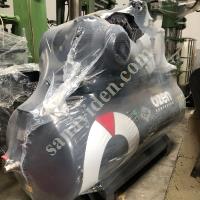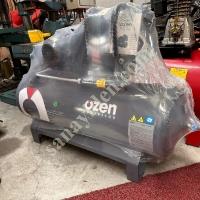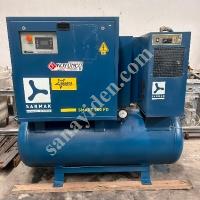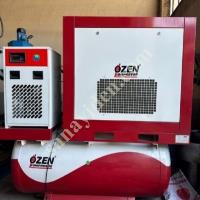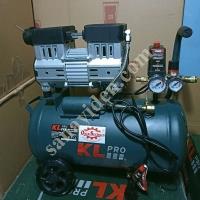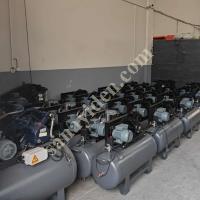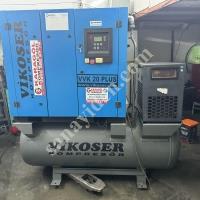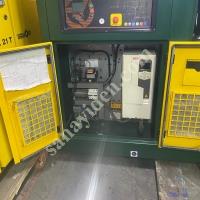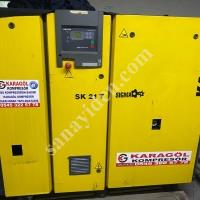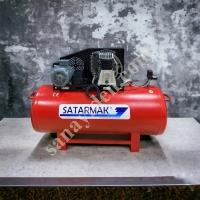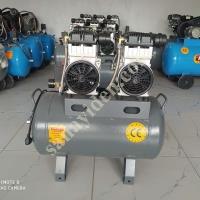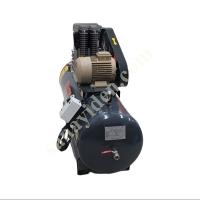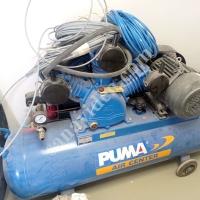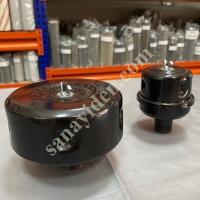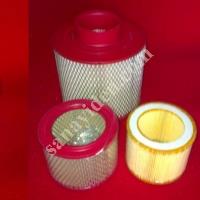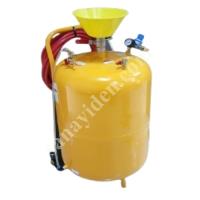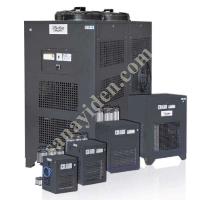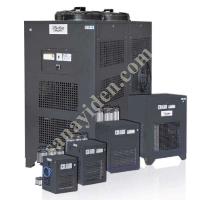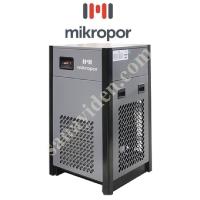
Quiet Compressor Guide: How to Choose the Right Compressor for Your Project
Introduction: As a small business, you are probably always looking for ways to save time and money. You may be considering buying a compressor, but don't know where to start. In this guide, we will help you choose the right compressor for your project. We will give you an overview of the different types of compressors, what they do and how they can save your business time.
Section entry.
How to Choose the Right Compressor for Your Project?
When it comes to choosing a compressor for your project, there are many factors to consider. Here are some tips to help you choose the right compressor for your project:
1. Make sure the compressor you choose is compatible with your project. Compressors that are not suitable for projects can cause a lot of damage and lead to higher costs in repairs.
2. Get a good price for the compressor you choose. Don't be afraid to ask your friends, family or contractor friends for advice - they may have had similar experiences and know what works best for their project.
3. Look at the size of your project and how much space it will need to compress. Compressors that are too small or do not have enough horsepower may not be able to perform your project properly. On the other hand, compressors that are too large or powerful can cause dangerous sparks and heat generation where they cannot reach your target area effectively. Size also affects how loud the compressor runs, so make sure you understand this before starting your project!
What are the Compressor Selection Criteria?
There are many different types of compressors available, each with its own advantages and disadvantages. To make the best choice for your project, it's important to understand the type of compressor best suited for your specific needs. Some key criteria to consider are:
• Size: Compressors can be large or small depending on the task at hand. Larger compressors are better for larger projects, while smaller compressors are better for smaller projects.
• Shape: compressors can be oval, round or square. Oval compressors are more efficient because they are pointed and produce more air pressure in a space than round compressors. Square compressors are less efficient but produce less air pressure at their edges than round compressors.
• Duty Cycle: A compressor's duty cycle is how often it will generate air pressure over a given period of time. The low duty cycle means the compressor will produce more air pressure than it will need per minute; this is ideal for small jobs that do not require a high level of air pressure quickly. The high duty cycle means that the compressor will have to work harder to produce levels similar to the air pressure when it was first started; this is good for larger jobs that require higher air pressure levels quickly.
What are the Different Uses of Compressor?
Compressors can be used in a variety of ways, depending on the task at hand. For example, an oval compressor can be used to squeeze metal together, while a round compressor can be used to crush ice or snow). Additionally, compression ratios vary with the job at hand; for example, a 13:1 ratio is good for quick repairs, but may be too strong for heavy projects; Conversely, a 4:1 ratio may be fine for breaking ice, but not so good for welding as it generates a lot of heat).
Chapter 2 How Do I Choose the Right Compressor?
The decision to choose a compressor depends on two main factors - size and duty cycle - but shape (oval or round), compression ratio (13:1 or 4:1) and application (welding or breaking) can influence your choice. We recommend that you read our Compressor Selection Criteria guide before making any decisions to get an accurate idea of which type of compressor is best suited for your needs!
How to Choose the Right Compressor for Your Project?
When choosing a compressor for your project, it is important to choose a compressor that meets the specific compressor requirements of your project. For example, if you are working on a car, you may need a high-capacity compressor that can handle large loads. Additionally, make sure the compressor is quiet - this will help reduce noise levels during your project.
Knows Compressor Requirements.
To choose the right compressor for your project, you also need to know its requirements. For example, some compressors only work with certain types of materials; for example, they do not work with aluminum or steel projects. To find the best compressor type for your project, browse our Compressor Guide and find the specific information your application requires.
Find the Best Compressor for Your Project.
When shopping for a compressor, it's important to find one that is both economical and effective. Inn for your projectBe sure to compare compressors side-by-side to see which one is best. Additionally, be sure to read our Compressor Guide to learn more about the different types of compressors and their specific requirements.
Buy The Right Compressor.
Finally, it's also important to shop for a compressor and find the best deal before you buy. By doing this, you can get the most financial benefit from your purchase while still enjoying good quality control and performance.
Tips for Safe and Successful Compressor Selection.
The right compressor for a particular project can be the key to success. Compressors that are safe and efficient for different projects will differ in their features and dimensions. When choosing your compressor, consider the specific needs of your project as well as the health risks associated with compressors.
For example, some compressors are designed for Residential or Commercial Use only; others are perfect for Heavy Duty applications. Be sure to consult an experienced professional to find out exactly what you need for your project.
Be Aware of the Health Risks of Compressors.
When choosing a compressor, be aware of the health risks associated with it. For example, some compressors contain asbestos, which can cause cancer or other serious health problems if the fumes from the machine are inhaled. Be sure to research the potential health risks before purchasing a compressor and using it in your project!
Keep Your Compressor Clean.
Keep your compressor clean by following these simple tips:
1) Wipe each part of the compressor immediately after use to remove accumulated dust and dirt;
2) Keep compressors clean and free of dirt, grease and other debris;
3) Check the compression gauges regularly to make sure they are still at the correct levels;
4) Use appropriate tools when compacting materials;
5) Do not overcompress materials; and
6) If you have difficulty compacting materials or have concerns about their safety, consult an experienced professional immediately.
conclusion
Safe and successful compressor selection is critical for any project. By understanding compressor requirements, finding the best Compressor for your project, and using the appropriate tools to compress your project, you can be sure your compressor is of the right caliber and safe to use. With this information in hand, you can be sure that your project is completed safely and successfully.

